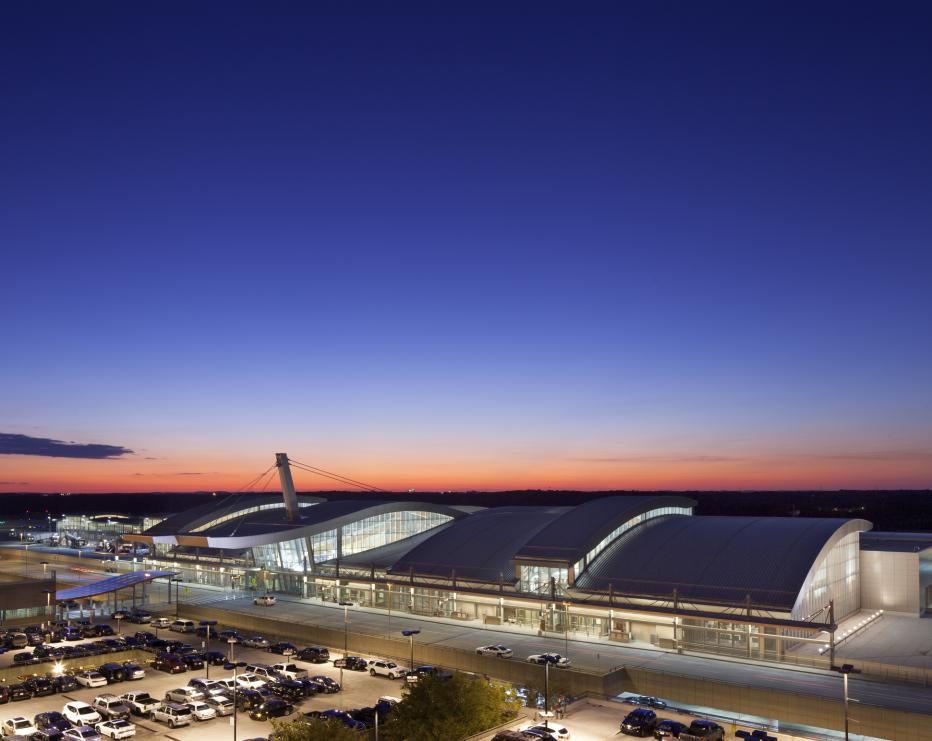Runway Ready: Keeping Safety at the Center of Raleigh-Durham International Airport’s Future
Proactive safety planning supports uninterrupted service and long-term airport resilience at Raleigh-Durham International Airport

Jacobs led a comprehensive Safety Risk Management Panel (SRMP) for Raleigh-Durham International Airport (RDU), the primary airport for the Raleigh-Durham region in North Carolina. Covering 5,000 acres, RDU operates three runways and offers nonstop service to more than 70 cities, including 14 international destinations. In 2024, the airport served a record 15.4 million passengers, making it the second-largest in the state.
Project overview
The RDU Runway 5L-23R Replacement Program is a major infrastructure initiative involving the construction of a new runway, demolition of the existing one and installation of a new parallel taxiway and connecting taxiways. To ensure uninterrupted operations, the existing runway will remain in use during construction.
Safety Risk Management Panel (SRMP)
The SRMP is a key component of the Federal Aviation Administration’s (FAA) Safety Management System (SMS). It applies standardized methods to proactively identify and document hazards, assess risks and recommend mitigation strategies during planning and before construction begins.
Jacobs facilitated the SRMP for the Runway 5L-23R Replacement Program, working closely with RDU, the FAA, and the project’s design and management teams to evaluate construction-related hazards and develop safety strategies.
Key elements of the SRMP process include:
- Hazard identification: The panel identified hazards that could affect aviation operations, including mechanical issues, environmental factors and human errors.
- Risk analysis and assessment: For each hazard, the team examined root causes, existing controls and potential outcomes. The results were used to assign severity levels, likelihood categories and an overall risk score.
- Risk mitigation: The panel developed strategies to reduce risks to acceptable levels, including changes to procedures, equipment or staff training.
- Documentation and communication: All steps and decisions were documented to ensure transparency and support stakeholder collaboration.
Commitment to safe, efficient delivery
Safety is central to all airport operations and construction planning. Jacobs supports safe, efficient project delivery that meets regulatory requirements. The SRMP process allows teams to identify potential risks early and create contingency plans to manage them—helping projects stay on schedule, control costs and protect public trust.
A robust safety risk management approach minimizes disruptions and supports the long-term performance of airport operations.
Connecting people through smarter transportation
Ranked No. 2 in Transportation by Engineering News-Record, Jacobs helps move people, goods and freight—by air, sea, underground or through mountains. From long-standing work at Denver International Airport and Hartsfield-Jackson Atlanta International Airport to the 10-year Manchester Airport Transformation Program in the U.K., Jacobs delivers solutions across the full transportation lifecycle—from planning and financing to design, construction and operations.












































